Home / editorials / We Are a Target: Scientific Society Faces Pressure After Trump’s DEI Crackdown
We Are a Target: Scientific Society Faces Pressure After Trump’s DEI Crackdown
By: My India Times
3 minutes read 61Updated At: 2025-02-13
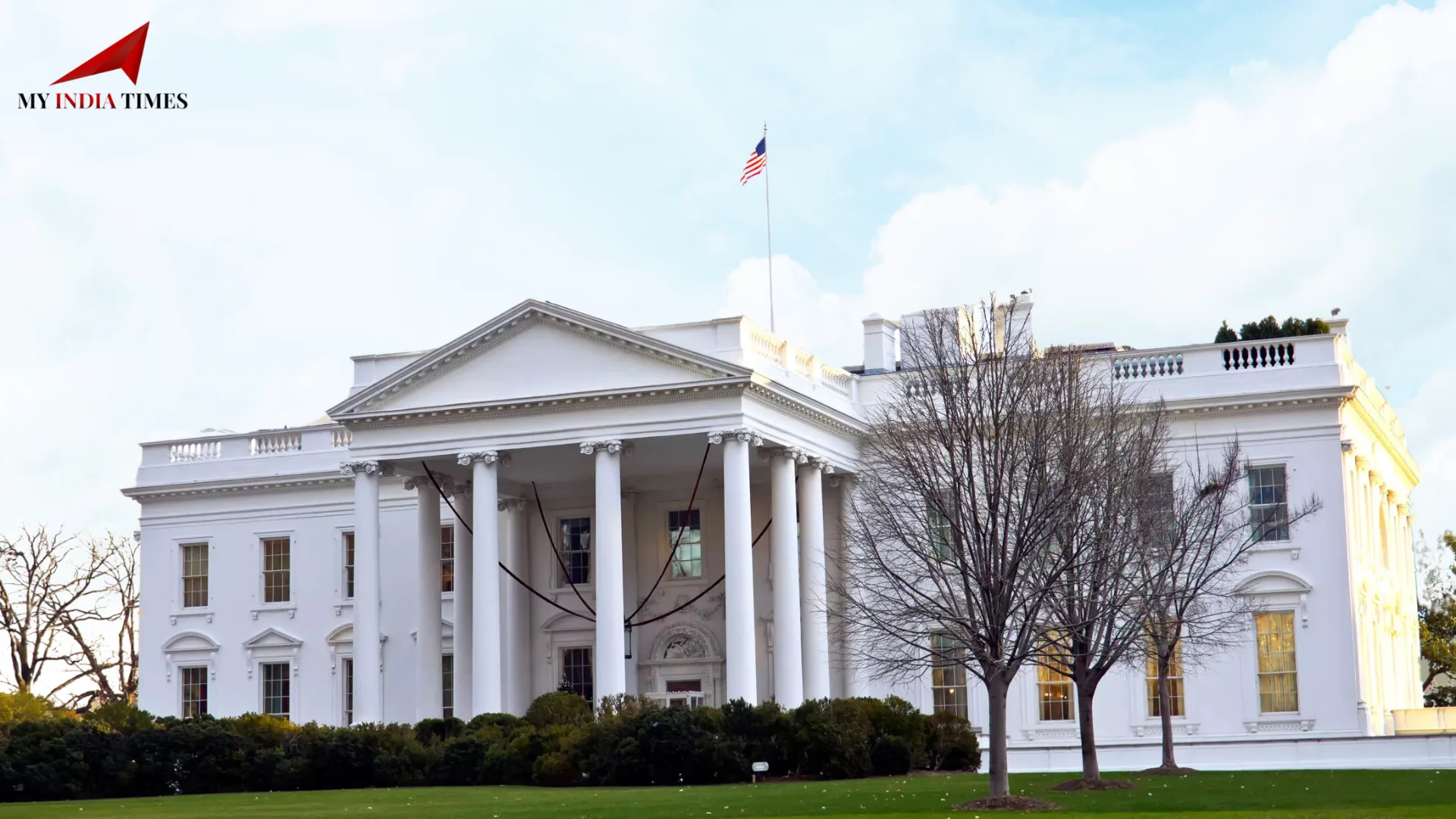
The American Society for Microbiology (ASM), one of the most prominent scientific organizations in the U.S., recently found itself at the center of controversy after modifying its website to remove references to diversity and equity. This action is a response to the directives established by the previous administration of former President Donald Trump, which aimed to dismantle diversity, equity, and inclusion (DEI) programs within federal agencies while also discouraging the endorsement of gender ideology.
The Controversy Unfolds
The American Society for Microbiology (ASM), representing over 37,000 scientists, has implemented substantial changes to its website, including the provisional removal of articles that showcased scientists from historically underrepresented backgrounds. Although some of the removed content has since been reinstated, these modifications have sparked significant backlash from members who perceive this action as a regression from the organization’s established commitment to inclusivity.
One such affected scientist, Carla Bonilla, a biologist at the University of San Diego, was disheartened to find that an article featuring her work had been replaced with a notice stating "Under Review." Speaking on the matter, Bonilla expressed her disappointment, saying, "It feels like they are trying to hide me."
Why Did ASM Take This Step?
ASM President Theresa Koehler clarified that the organization implemented these changes following legal counsel. The primary objective was to safeguard its federally funded programs, which could be at risk due to non-compliance with directives from the Trump administration. Nonetheless, Koehler acknowledged that the organization’s communication strategy was inadequate, admitting, "We recognize that our ineffective communication has caused distress and confusion among stakeholders. We will learn from this, and we will do better."
Targeted Terminology and Changes
As part of its modifications, ASM rebranded its 'Inclusive Diversity with Equity, Access and Accountability Committee' to 'Progress, Impact, Access, and Accountability Committee.' Additionally, phrases such as "other marginalized groups in science and healthcare" were changed to "other groups in science and healthcare."
Although some of these changes were reversed following backlash, the initial edits sparked concerns about scientific organizations self-censoring in response to political pressures.Sean Gibbons, a microbiologist at the Institute for Systems Biology in Seattle, expressed concern regarding the American Society for Microbiology's (ASM) methodology, specifically their practice of modifying articles without prior notification to the original authors.
The Larger Battle Over DEI in Science
This incident is part of a broader trend where scientific institutions are grappling with shifting political landscapes. Under the Trump administration, federal agencies were directed to discontinue what the White House called "radical and wasteful" DEI programs. This directive didn’t just impact government agencies; large non-profit organizations with DEI initiatives were also identified as potential targets for investigation.
Other scientific organizations have chosen a different path, openly supporting DEI initiatives rather than backing away. For many in the scientific community, the removal of DEI references is seen as a dangerous precedent that could stifle progress in fostering diversity in research fields.
The Backlash and Future Implications
The scientific community’s reaction to ASM’s actions has been swift and vocal. Many researchers argue that diversity in science is not just a matter of ethics but also of progress and innovation. By ensuring a wide range of perspectives, scientific advancements become more comprehensive and impactful.
ASM’s experience serves as a cautionary tale for other organizations navigating political pressures. As science continues to evolve, institutions must balance compliance with governmental policies while upholding their core values. Transparency, open communication, and member involvement in major decisions will be crucial moving forward.
What’s Next for ASM and the Scientific Community?
In response to the backlash, ASM has promised to engage more openly with its members and restore any content that was unjustly removed. The organization is also working on reinforcing its commitment to diversity while ensuring that it remains compliant with federal regulations.
The broader scientific community will be watching closely to see how ASM and other institutions respond to future political shifts. The fight for diversity, equity, and inclusion in science is far from over, and organizations must stand firm in their commitment to fostering an inclusive environment for all researchers.
....The American Society for Microbiology (ASM), one of the most prominent scientific organizations in the U.S., recently found itself at the center of controversy after modifying its website to remove references to diversity and equity. This action is a response to the directives established by the previous administration of former President Donald Trump, which aimed to dismantle diversity, equity, and inclusion (DEI) programs within federal agencies while also discouraging the endorsement of gender ideology.
The Controversy Unfolds
The American Society for Microbiology (ASM), representing over 37,000 scientists, has implemented substantial changes to its website, including the provisional removal of articles that showcased scientists from historically underrepresented backgrounds. Although some of the removed content has since been reinstated, these modifications have sparked significant backlash from members who perceive this action as a regression from the organization’s established commitment to inclusivity.
One such affected scientist, Carla Bonilla, a biologist at the University of San Diego, was disheartened to find that an article featuring her work had been replaced with a notice stating "Under Review." Speaking on the matter, Bonilla expressed her disappointment, saying, "It feels like they are trying to hide me."
Why Did ASM Take This Step?
ASM President Theresa Koehler clarified that the organization implemented these changes following legal counsel. The primary objective was to safeguard its federally funded programs, which could be at risk due to non-compliance with directives from the Trump administration. Nonetheless, Koehler acknowledged that the organization’s communication strategy was inadequate, admitting, "We recognize that our ineffective communication has caused distress and confusion among stakeholders. We will learn from this, and we will do better."
Targeted Terminology and Changes
As part of its modifications, ASM rebranded its 'Inclusive Diversity with Equity, Access and Accountability Committee' to 'Progress, Impact, Access, and Accountability Committee.' Additionally, phrases such as "other marginalized groups in science and healthcare" were changed to "other groups in science and healthcare."
Although some of these changes were reversed following backlash, the initial edits sparked concerns about scientific organizations self-censoring in response to political pressures.Sean Gibbons, a microbiologist at the Institute for Systems Biology in Seattle, expressed concern regarding the American Society for Microbiology's (ASM) methodology, specifically their practice of modifying articles without prior notification to the original authors.
The Larger Battle Over DEI in Science
This incident is part of a broader trend where scientific institutions are grappling with shifting political landscapes. Under the Trump administration, federal agencies were directed to discontinue what the White House called "radical and wasteful" DEI programs. This directive didn’t just impact government agencies; large non-profit organizations with DEI initiatives were also identified as potential targets for investigation.
Other scientific organizations have chosen a different path, openly supporting DEI initiatives rather than backing away. For many in the scientific community, the removal of DEI references is seen as a dangerous precedent that could stifle progress in fostering diversity in research fields.
The Backlash and Future Implications
The scientific community’s reaction to ASM’s actions has been swift and vocal. Many researchers argue that diversity in science is not just a matter of ethics but also of progress and innovation. By ensuring a wide range of perspectives, scientific advancements become more comprehensive and impactful.
ASM’s experience serves as a cautionary tale for other organizations navigating political pressures. As science continues to evolve, institutions must balance compliance with governmental policies while upholding their core values. Transparency, open communication, and member involvement in major decisions will be crucial moving forward.
What’s Next for ASM and the Scientific Community?
In response to the backlash, ASM has promised to engage more openly with its members and restore any content that was unjustly removed. The organization is also working on reinforcing its commitment to diversity while ensuring that it remains compliant with federal regulations.
The broader scientific community will be watching closely to see how ASM and other institutions respond to future political shifts. The fight for diversity, equity, and inclusion in science is far from over, and organizations must stand firm in their commitment to fostering an inclusive environment for all researchers.
By: My India Times
Updated At: 2025-02-13
Tags: editorials News | My India Times News | Trending News | Travel News
Join our WhatsApp Channel





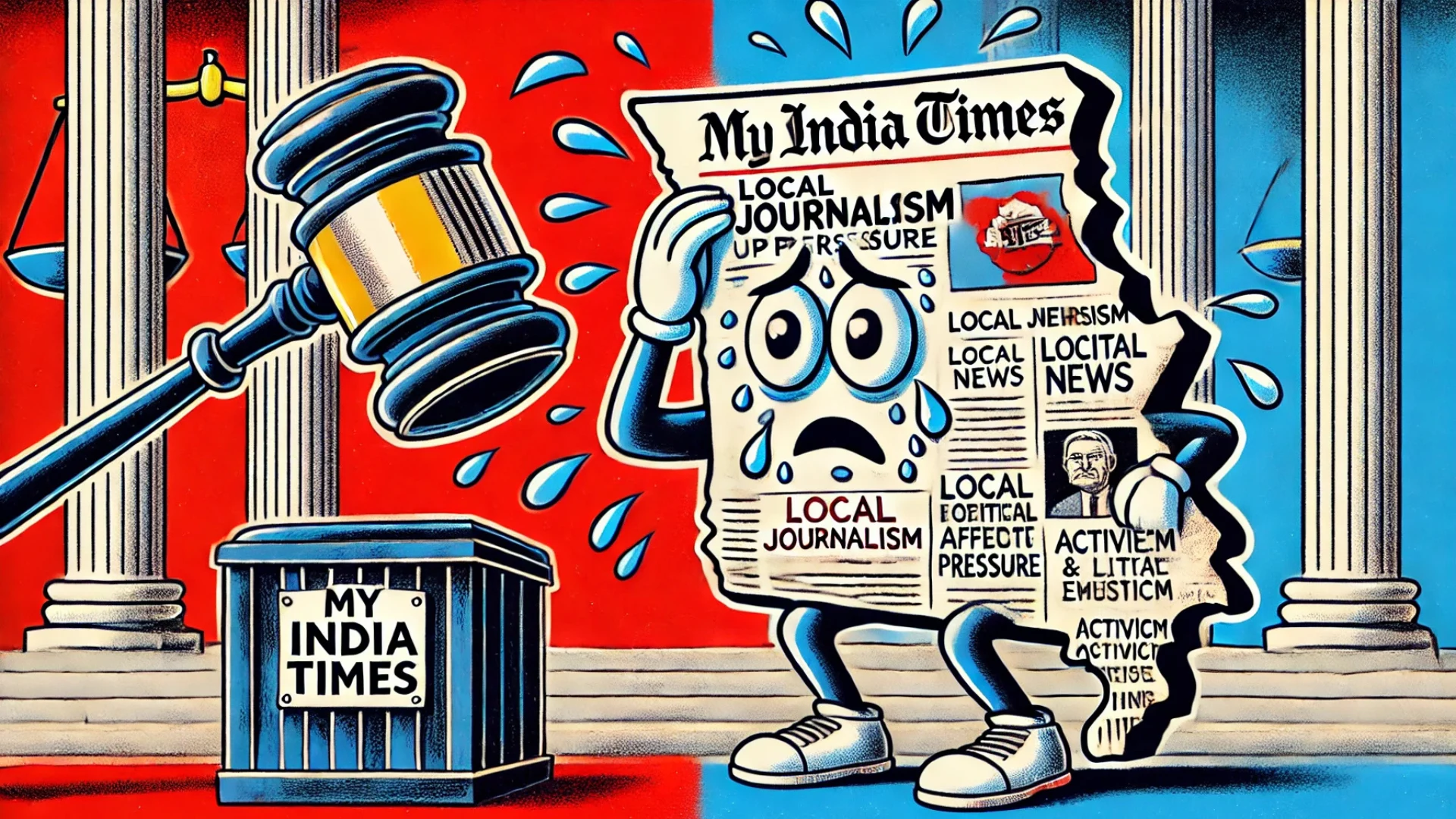


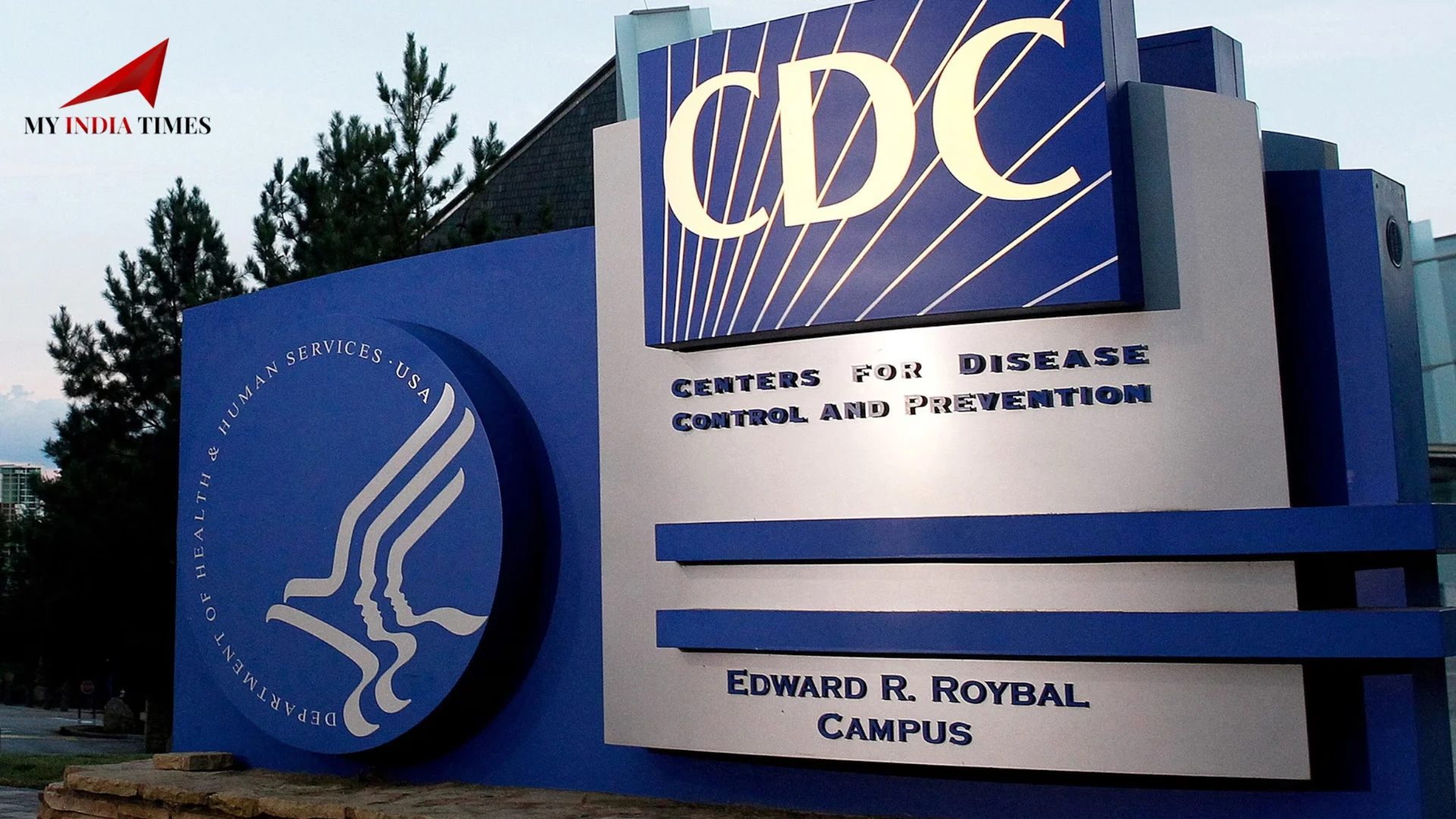
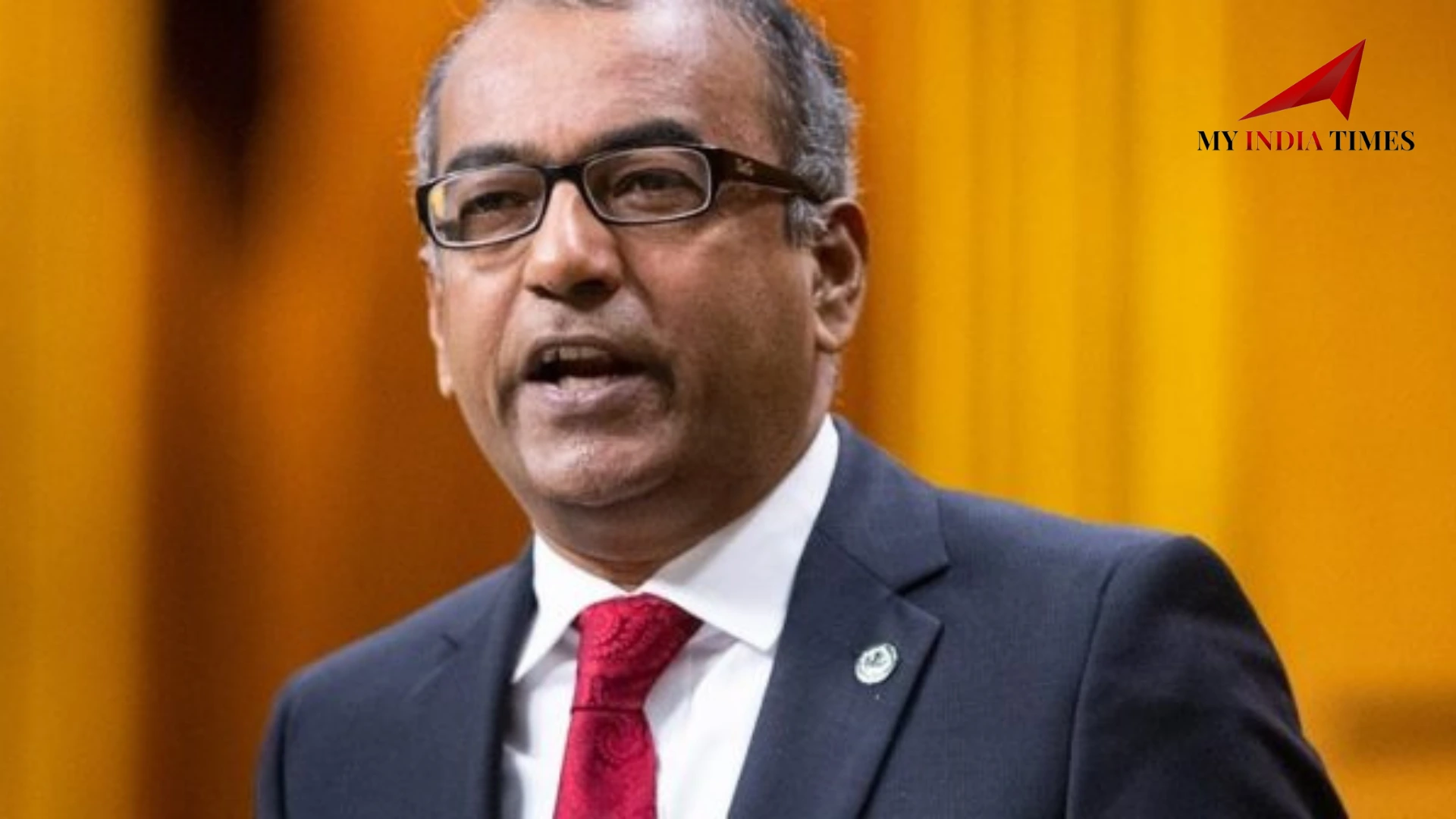



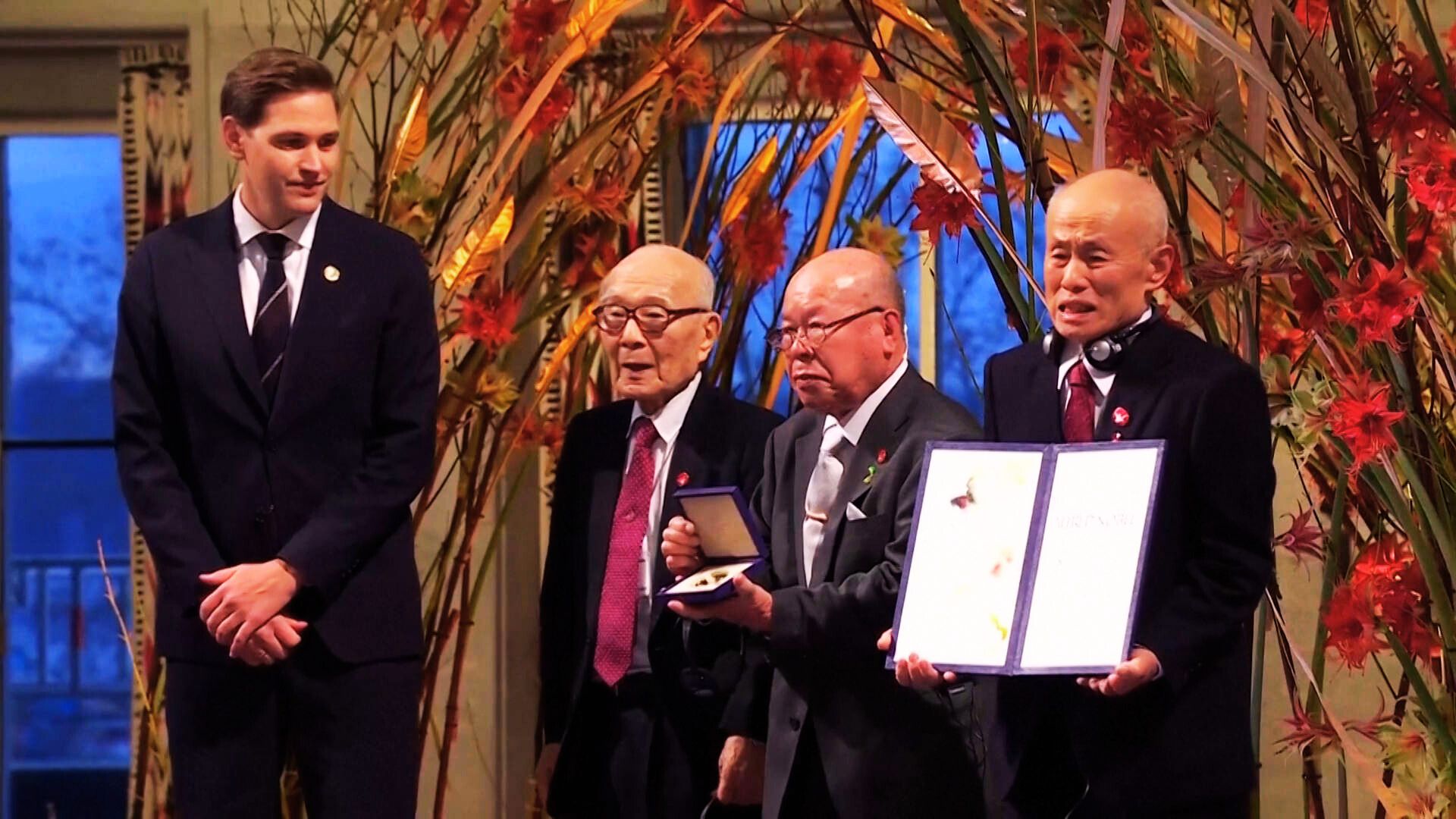


























































































.png)
 (1).png)























